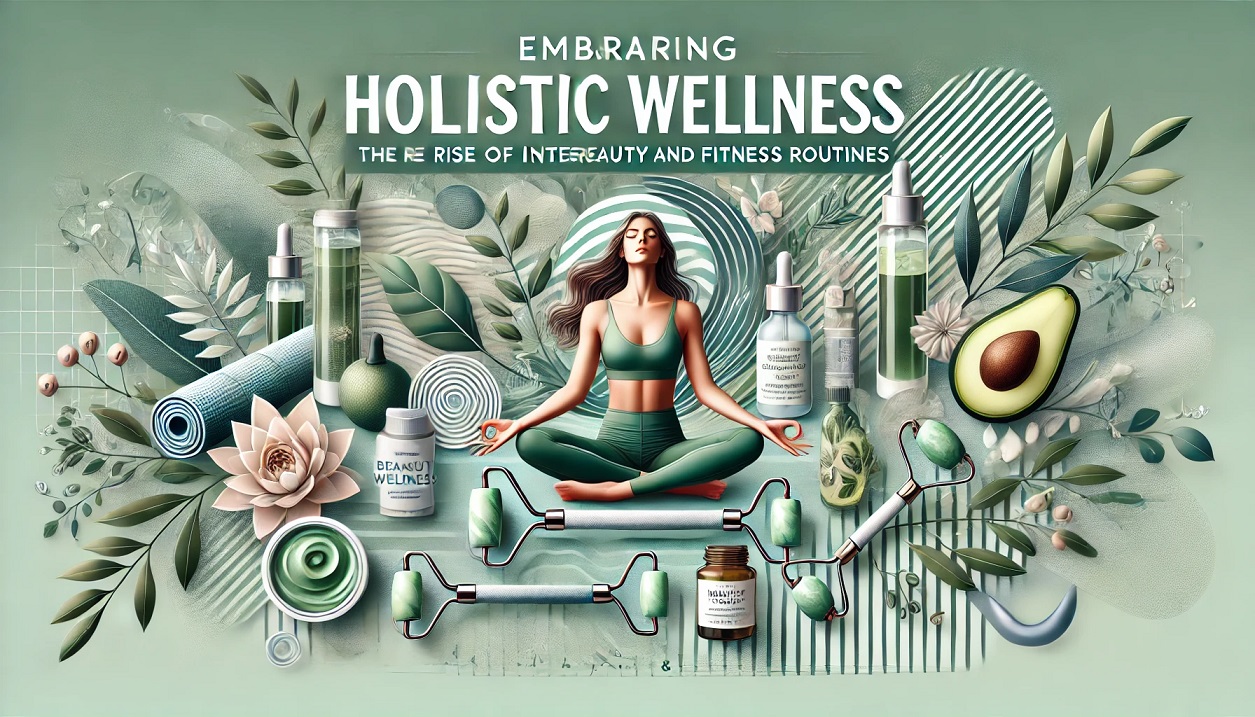Harvard researchers reveal that a simple 21-minute walk each day may provide long-lasting, sustainable health benefits compared to high-intensity exercises. This routine aligns with how human bodies are naturally built for movement, making it an evolution-friendly fitness solution that promotes heart health and reduces injury risks.
Harvard Endorses 21‑Minute Daily Walk Over Intense Workouts
💡 A Simpler Path to Lifelong Fitness
In a refreshing turn from the high-pressure fitness world, Harvard University researchers now recommend something shockingly simple: a 21-minute walk each day could be more beneficial to long-term health than any extreme workout or exhausting gym session. The message? You don’t need to break your back or your schedule to live a longer, healthier life.
For years, the fitness industry has glorified intense routines, heavy lifting, and aggressive HIIT sessions. But now, top health experts are shifting the focus from how hard you work out to how consistently and naturally you move. And according to Harvard, walking wins.
⏱️ Why Exactly 21 Minutes?
The golden number—21 minutes per day—comes from a compilation of studies showing that just 150 minutes of moderate activity per week can lower the risk of heart disease, stroke, diabetes, and even cancer by up to 30%. That’s just three short walks of 7 minutes each, or one continuous 21-minute stroll per day.
Harvard scientists argue that our bodies were not designed for intense daily gym sessions. Evolution built humans for sustained, moderate movement, not for burpees or barbell thrusters. A regular walk engages multiple muscle groups, improves circulation, supports metabolism, and clears the mind—all without causing strain or burnout.
🧬 Evolution Meets Modern Science
Professor Daniel Lieberman, a renowned Harvard anthropologist, emphasizes that early humans walked for hours a day while hunting, gathering, and traveling—not sprinting or lifting. That natural rhythm is embedded in our DNA. By forcing our bodies into unnatural routines like daily HIIT or long-distance runs, we may be doing more harm than good.
Instead, moderate, rhythmic movement—like walking—is the activity most in tune with how we evolved. Lieberman's research suggests that the health gains from regular walking can rival, or even beat, those from more aggressive forms of training—especially when you account for injury rates and long-term sustainability.
❤️ How a 21-Minute Walk Transforms Your Health
A simple walk does far more than just stretch your legs. It provides a full-spectrum health boost, including:
Heart Health: Lowers blood pressure, improves circulation, and supports healthy cholesterol levels
Mental Clarity: Reduces stress, anxiety, and symptoms of depression while boosting focus and memory
Weight Control: Helps maintain a healthy weight and improves digestion
Blood Sugar Regulation: Supports insulin sensitivity and lowers post-meal glucose spikes
Longevity: Studies show walking regularly can add years to your life
Mobility & Bone Strength: Strengthens joints, improves posture, and prevents age-related degeneration
🧠 Mindful Walking: Not Just Exercise
What separates walking from other routines is that it's gentle on the body but powerful for the mind. Unlike noisy gyms or overwhelming workout plans, walking allows you to tune into your thoughts, your surroundings, and your breath. It's a moving meditation—helping reduce mental clutter, calm nervous energy, and improve emotional resilience.
And when you take your walk outdoors, the sunlight and fresh air amplify those benefits. Morning walks help reset circadian rhythms, boost Vitamin D, and kick-start energy levels without coffee.
🏃♀️ But Isn’t Intense Exercise Better?
Not always. According to Harvard researchers, more isn’t always better. Intense exercise routines—if overdone—can lead to fatigue, joint problems, hormonal imbalance, or burnout. While occasional high-intensity training has its place, it’s the consistent, low-impact habits like walking that create lasting results.
Plus, walking is accessible to all fitness levels—no equipment, no complicated movements, and no need for expensive classes.
✅ How to Make the 21-Minute Habit Stick
If 21 minutes sounds too long, start with just 10 minutes and build up. The key is daily consistency. Choose the same time each day, like after lunch or before dinner. Bring headphones if music or podcasts motivate you. Or go silent and just listen to your own steps—it becomes meditative.
You can break the 21 minutes into three short 7-minute walks if needed. Studies show that accumulated movement across the day offers the same cardiovascular benefits as one long session.
And don’t be afraid to mix it up—some days brisk walking, some days uphill walking, or even casual strolls with family. The variety keeps things interesting and still meets your body’s need for movement.
🔄 Walking as a Lifestyle, Not a Workout
What makes walking special isn’t just its health benefits. It’s how naturally it fits into life. You can walk while on a call, walk to clear your mind, walk with friends, or walk just to watch the sunset. It’s not something you force yourself to do—it’s something you begin to crave.
Walking isn’t about burning calories or getting a six-pack. It’s about preserving your body, sharpening your mind, and giving your soul space to breathe.
🌱 Final Thoughts: The Gentle Power of Walking
We live in a world where fitness is marketed like war—“beast mode,” “go hard or go home,” “no pain no gain.” But maybe the answer isn’t to push harder. Maybe it’s to walk smarter.
The 21-minute walk is a revolution in simplicity. It tells us that we don’t need fancy routines, expensive gear, or a brutal mindset. We just need time, intention, and consistency.
So today, step outside. Put your phone in your pocket. Breathe deeper. Walk slower. Let Harvard’s message remind you that health doesn’t have to be extreme to be effective.
Your body will thank you. Your mind will thank you. And over time, your life will change—one walk at a time.
















Comments 0